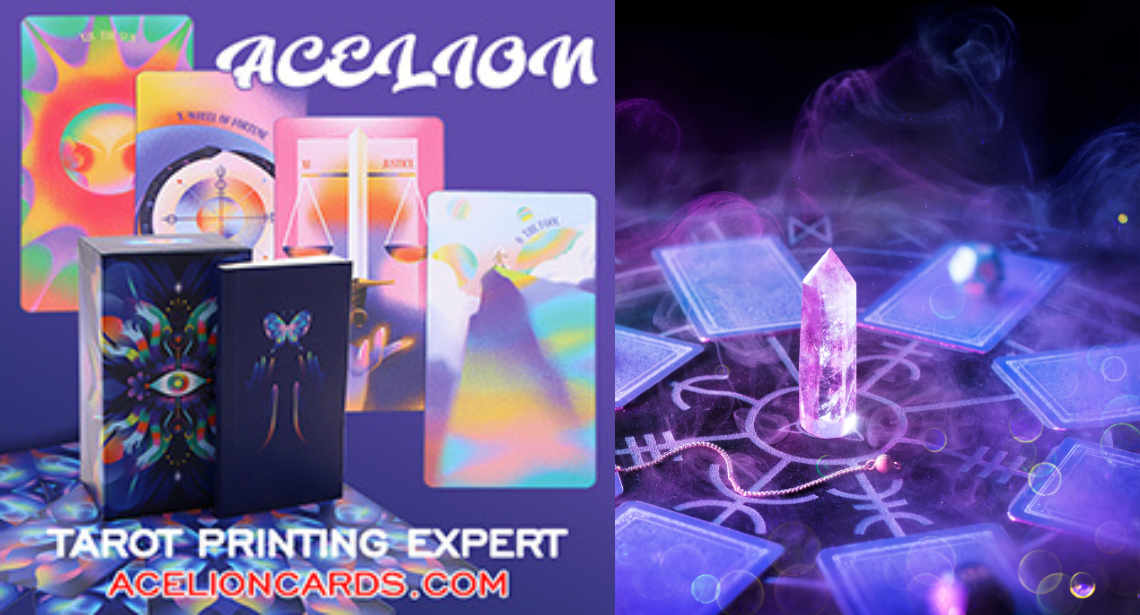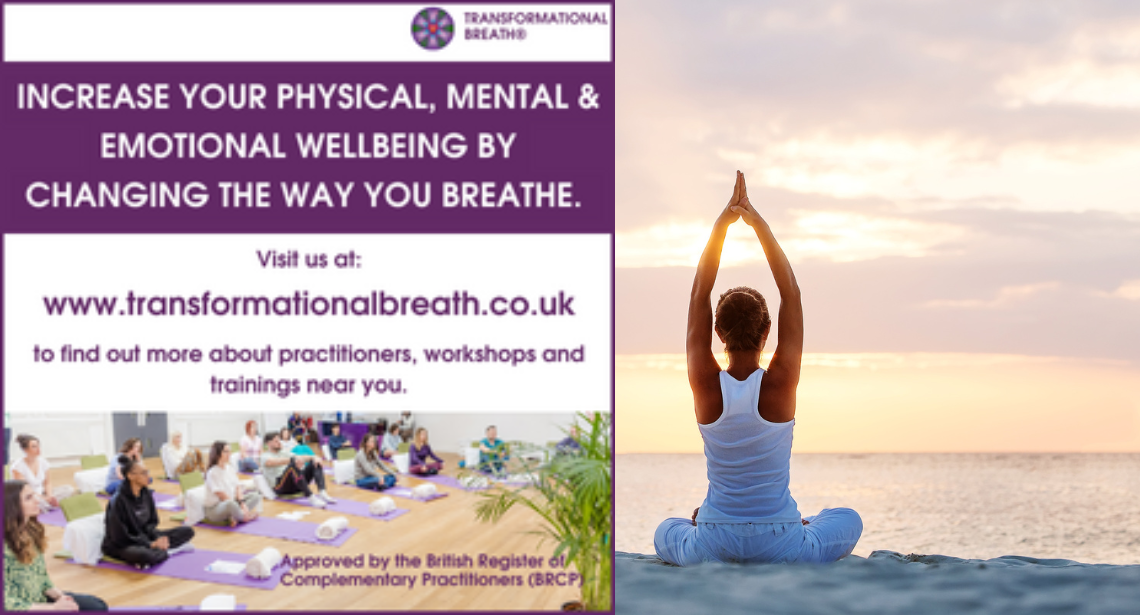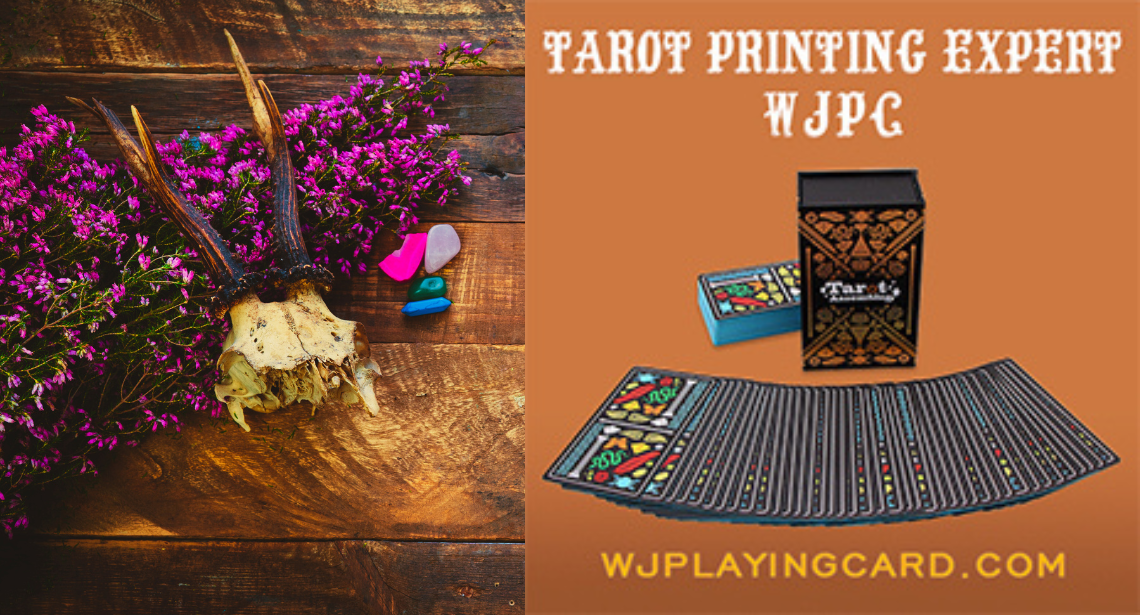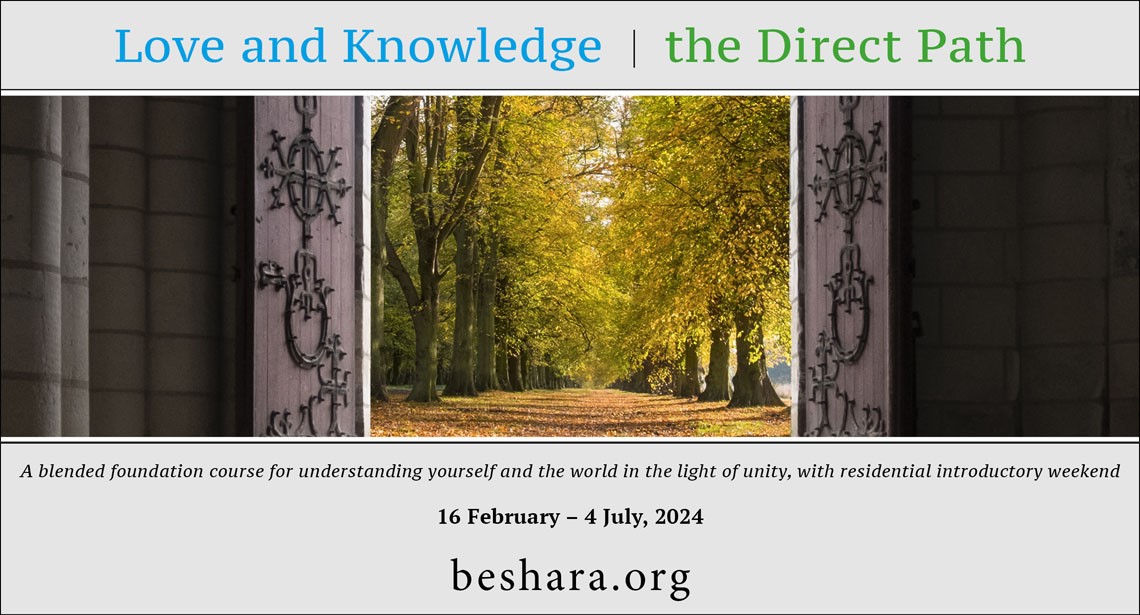An Eastern temple was popular with Western tourists. Each day a coach pulled up, the tourists got off and each day they dropped their coach tickets all over the temple grounds. The Abbott put up a bin next to the gate for the tourists to put their tickets in, but the tourists walked past it and continued to drop their tickets all over the grounds. So, the Abbott put up a polite notice next to the bin - 'Coach tickets here please' - but the tourists continued to drop their tickets all over the grounds. Finally, the Abbott took away the bin and put up a new notice; 'Free admission with every coach ticket’. The tourists kept their tickets.
To be intuitive is to see into the heart of the matter. Intuition is about understanding rather than fault-finding. As a society, we value fault-finding over understanding. This comes from logic.
Logic was introduced into Western culture by Aristotle in the 4th century BCE. He outlined its principles, definitions and terms in the collection of works known as The Organon. Logic teaches us to think critically, and to see the world in terms of right and wrong. Logic was adopted by the Church to combat the heresies, and from that time on it became embedded in Western culture.
The Church then set up the universities, first in Bologna in 1088, then in Oxford in 1096, and then in Paris in 1160. The university curriculum was known as the 'trivium' because it consisted of three main subjects, grammar, discourse and logic. Its aim was to teach young monks to study the approved texts, discuss them, and then to apply logic to criticise any false or misleading arguments.
Even with the advent of the Renaissance and the modern era, the education system still retained the same approach. In a multiple-choice exam, for example, we are presented with a question and four possible answers. We work through the answers finding fault with each of them until at last we find the answer with no fault and select that as the correct one. This is logic.
Outside of the school curriculum, most of our decisions are intuitive. We choose our friends, our career and our home intuitively. We may put up with a difficult relationship because ending it would be problematic. We may seek to make the best of a job we do not like. We may be a creature of comfort and yet dream of seeing the world. Life is a mixed bag, and there are very few occasions when we are absolutely right or wrong.
It is for this reason that no one teaches us to think intuitively at school. We regard intuition as a kind of instinct, and assume it will kick in when the time comes. But just as logic has its principles, so too there are principles of intuition, which can be studied and practiced. Just as a child born with a musical ear can learn to play the piano, we can develop our intuitive ability through practice, training, and a degree of understanding.
The most commonly recognised form of intuition is gut-feeling. Gut-feeling is so-called because whenever we are presented with a situation for which there is no obvious solution, we feel a degree of anxiety in the pit of the stomach. While this is not acknowledged in conventional education, it is widely acknowledged in life. D. T. Suzuki, who wrote extensively on the subject of Zen, had this to say about gut-feeling in the East:
‘People in China and also in Japan - I do not know about India - when some difficult problems come up, often say 'Think with your abdomen', or simply 'Ask your belly'. So, when any question in connection with our existence comes up, we are advised to 'think' with the belly...'
We pick up on moods through gut-feeling. There is the mood of a person as they speak, or the mood at a dinner party, or even the mood as we walk through a park. Gut-feeling draws our attention to what we cannot see directly. It will tell us when it is appropriate to ask the name of a stranger, or when to be reserved, or whether to tell a joke or not.
The second function of intuition, also widely recognised in life, is the ability to get to the heart of the matter. In the East, this is known as 'suchness', or the ability to see into the essence of what is being observed, whether it is a person, an event, or an aspect of nature. The philosopher Henri Bergson, who wrote An Introduction to Metaphysics (1903), had this to say about intuitive observation:
'By intuition is meant the kind of intellectual sympathy by which one places oneself within an object in order to coincide with what is unique in it and consequently inexpressible.'
To see the world as it is, we must put aside our prejudices and opinions and observe silently. This is quite different from the logical approach, which is to classify and categorise our observations and then judge them according to the existing criteria. If we can do this - put aside our prejudices and simply observe - we may find ourselves in receipt of new and unexpected thoughts and insights.
Which brings us to the third form of intuition, known as 'insight'. Like gut-feeling and intuitive observation, insight is largely overlooked in conventional education. This is in spite of the fact that some of the most important contributions to science and invention have come from insight. An insight solution will arrive as though out of nowhere, quite suddenly and unexpectedly. The physicist Fritjof Capra, who wrote The Tao of Physics (1975), had this to say about insight:
'These insights tend to come suddenly and, characteristically, not when sitting at a desk working out the equations, but when relaxing, in the bath, during a walk in the woods, on the beach, etc. During these periods of relaxation after concentrated intellectual activity, the intuitive mind seems to take over and can produce the sudden clarifying insights which give so much joy and delight to scientific research.'
From this outline of the basics of intuition, it will be possible to provide some basic practices which can help us to develop our intuition. Just as practicing the piano or even handwriting will improve our skill, so too will practicing the fundamental aspects of intuition help us to improve our ability to apply it. Because our more important decisions in life - whom we trust, where we live, and how we live - are intuitive, then time spent developing our intuitive ability is an area worth investing in.
1. Gut-Feeling
We can improve our connection with gut-feeling by attending to the moods around us. We are always surrounded by a mood, but pay little attention to them. There can be the mood of the person speaking to us. We can listen to what they say, or listen to their mood. The mood of a football match is different from the mood in a library. We can even focus on the mood of a piece of writing. If we focus on the mood as we walk through a park, we are no longer just walking through a park, but practicing our intuitive ability.
2. Observation
We can broaden our experience of life through intuitive observation. The Zen practice of 'suchness' is about putting our thoughts aside and observing silently. If we go on observing, we may see more than the chattering mind will pick up on. We can practice this by focusing on a small object, whether it is a cup, or a flower, or the sound of a bell. If we do this, the hidden element behind what we are observing will, over time, become more apparent.
3. Insight
If logic focuses on what we already know, intuition focuses on what we do not yet know. New thoughts and insights can reveal in an instant what previously we were not aware of. If we react negatively when we hear a new idea, it will limit what we think. If another person sees the world differently from us, it may be because they are wrong, or it may be because they can see something we can't. Logic demands that we criticise them; intuition demands that we understand them. Considering new ideas can lead to insight. Being open-minded is more than simply being 'nice'; it enriches our life.
 About the author:
About the author:
Jim Blackmann is a writer and musician. He grew up in Canada, and travelled widely, before finally settling in the south of England. He began writing a series of magazine articles about intuition in 2012. This led to the books
The Intuition Test - from gut-feeling to insight (2016),
Intuition in the West – a history of intuitive thinking, and a novel,
The Witch & The Skeptic - a tale of science, magic and tea (2021). All available through
www.jimblackmann.com

 About the author:
Jim Blackmann is a writer and musician. He grew up in Canada, and travelled widely, before finally settling in the south of England. He began writing a series of magazine articles about intuition in 2012. This led to the books The Intuition Test - from gut-feeling to insight (2016), Intuition in the West – a history of intuitive thinking, and a novel, The Witch & The Skeptic - a tale of science, magic and tea (2021). All available through
About the author:
Jim Blackmann is a writer and musician. He grew up in Canada, and travelled widely, before finally settling in the south of England. He began writing a series of magazine articles about intuition in 2012. This led to the books The Intuition Test - from gut-feeling to insight (2016), Intuition in the West – a history of intuitive thinking, and a novel, The Witch & The Skeptic - a tale of science, magic and tea (2021). All available through 















